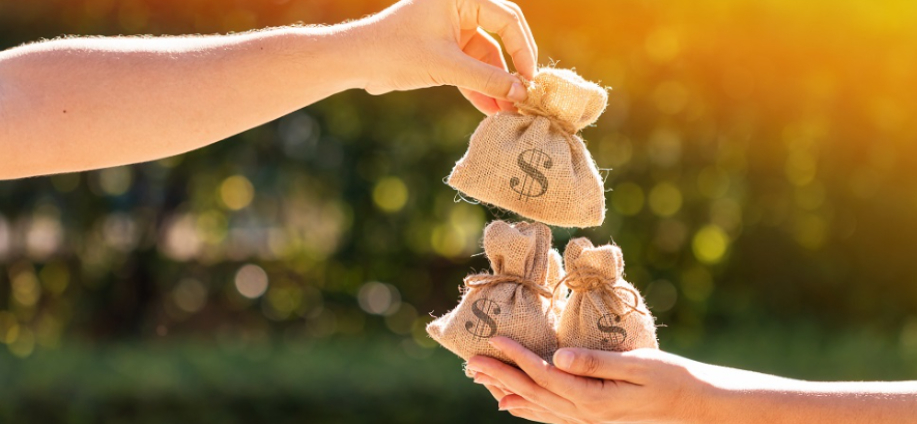WA Budget 2018: The winners and losers

The pundits arent exactly lauding it as economically progressive, but Treasurer Ben Wyatt has delivered his second budget.
Check out the bite-sized budget details.
Health: $37 billion total investment, including $655m in infrastructure over four years, with projects such as $182.3m for the patient assisted travel scheme, $158m for the Joondalup Health Campus and $4.4m for the Peel Health Campus.
Education: $22.2 billion in total over four years, including $468.7 to build and improve schools.
Police and justice: $78.8m to build the Armadale Courthouse and Police Complex, $26.9m for a new police helicopter, $20.5m for the new Target 120 initiative to reduce juvenile reoffending, and $4.2m for two additional magistrates.
Emergency services: $128.5m for critical fire emergency services including $19.5m for volunteer and marine rescue groups.
Regional WA: Continued investment of $1 billion per year for Royalties for Regions including roads, schools and health facilities such as $73.3m for the Geraldton Health Campus, $9.3m for 33 additional alcohol and drug rehabilitation beds, but no backflip on the Moora Residential College closure.
Households: The average household will be slugged an extra $292.07 a year for utilities and other fees.
Foreign residential buyers: Surcharge increases to seven per cent, bringing WA in line with most other states. Expected to raise $50m over the forward estimates.
Miners: No longer exempt from a building and construction industry training fund levy. Expected to yield $25m over four years.
Mining and public water supply sectors: New fees range from $5357 to $8929 for a 10-year licence, with renewals costing between $4001 and $6668. Expected to recover $2.9 million over four years.
Recreational fishers: Licences will go up by $5, providing $1.1m annually for recreational fishing management and initiatives, but the fee will remain unchanged for the rest of this term of government.
Belt-tightening magic number in WA budget
Western Australia's debt-laden budget is forecast to return to surplus in 2020/21, with Treasurer Ben Wyatt saying an ambitious target to constrain spending growth is the "magic number".
Mr Wyatt handed down his second budget on Thursday, revealing a projected $906 million deficit for the new financial year, a $9 million improvement on the mid-year review estimate.
WA's books are tipped to be back in the black by $1.29 billion, two years later. Read more
Households to be hit hard
Households are expected to be slugged substantial cost of living increases in the West Australian government's second budget.
Water Minister Dave Kelly has already revealed water charges for the representative household will increase by 5.5 per cent in 2018/19, and softened the blow by saying that compared to six per cent set by the previous Liberal government under its pricing model. Read more

And the hikes for households keep coming
The average West Australian household will be slugged an extra $292.07 per year for utilities and other fees under the 2018/19 state budget.
From July 1, the electricity price will rise seven per cent, or $121, while water and sewerage will go up 5.5 per cent, or $91.
Standard public transport users will fork out an additional $21 while student fares will remain at 70 cents and a discount for SmartRider fares will also be unchanged. Read more
[contf]
[contfnew]

Margaret River Mail
[contfnewc]
[contfnewc]




